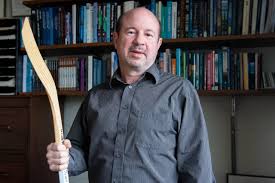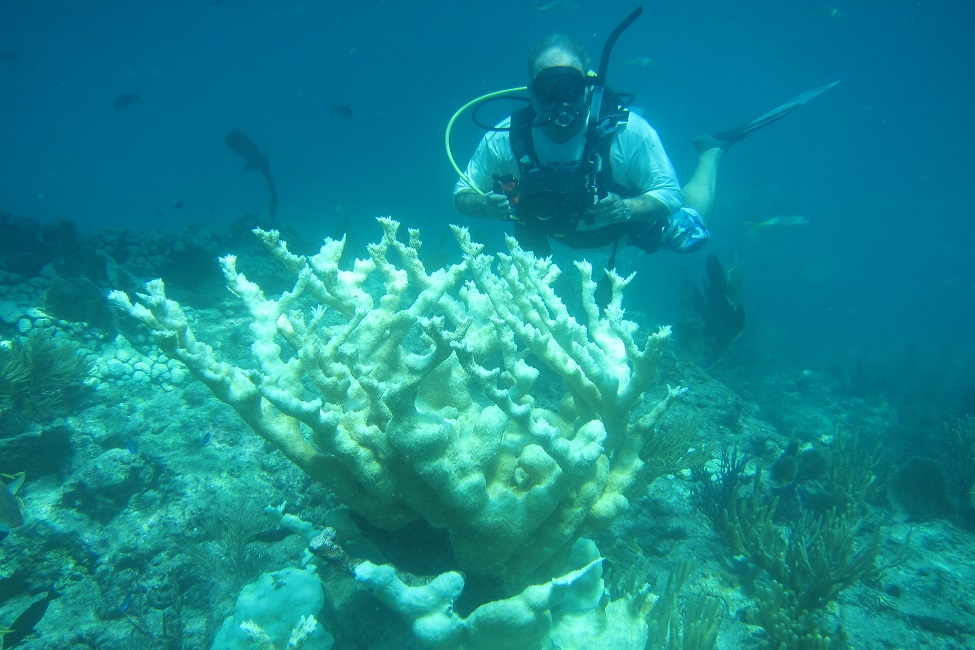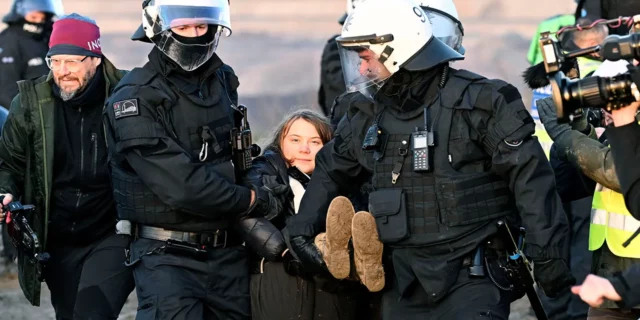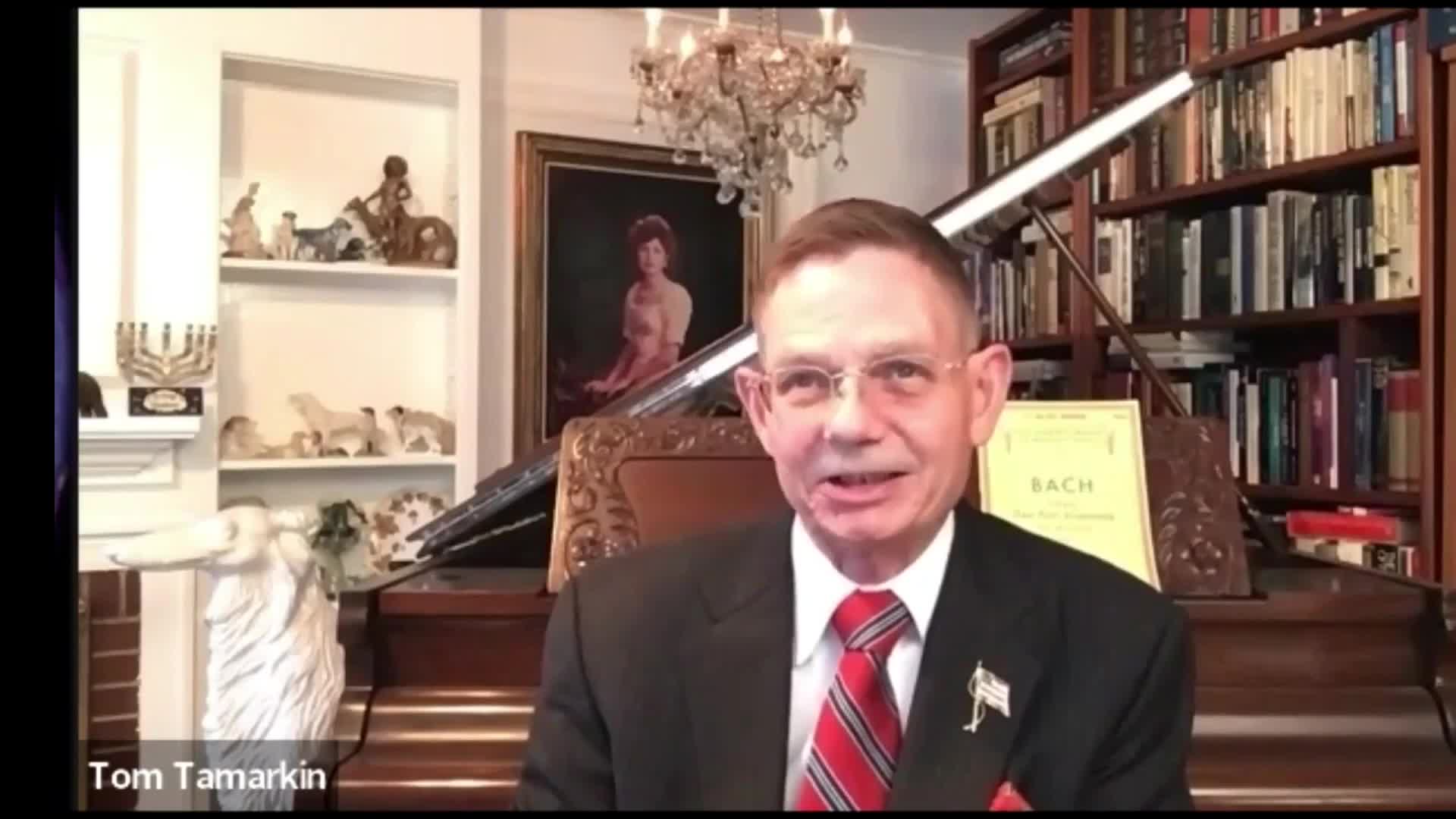Davos Elite’s Vision Of Your Future
Welcome to the inaugural episode of Davos Watch. This episode dives into a report by the C40 Cities Climate Leadership Group, scrutinizing the actions and agendas of global elites from Davos to the UN. The report outlines ambitious targets for 2030 in areas such as meat consumption, clothing purchases, and personal transportation.





